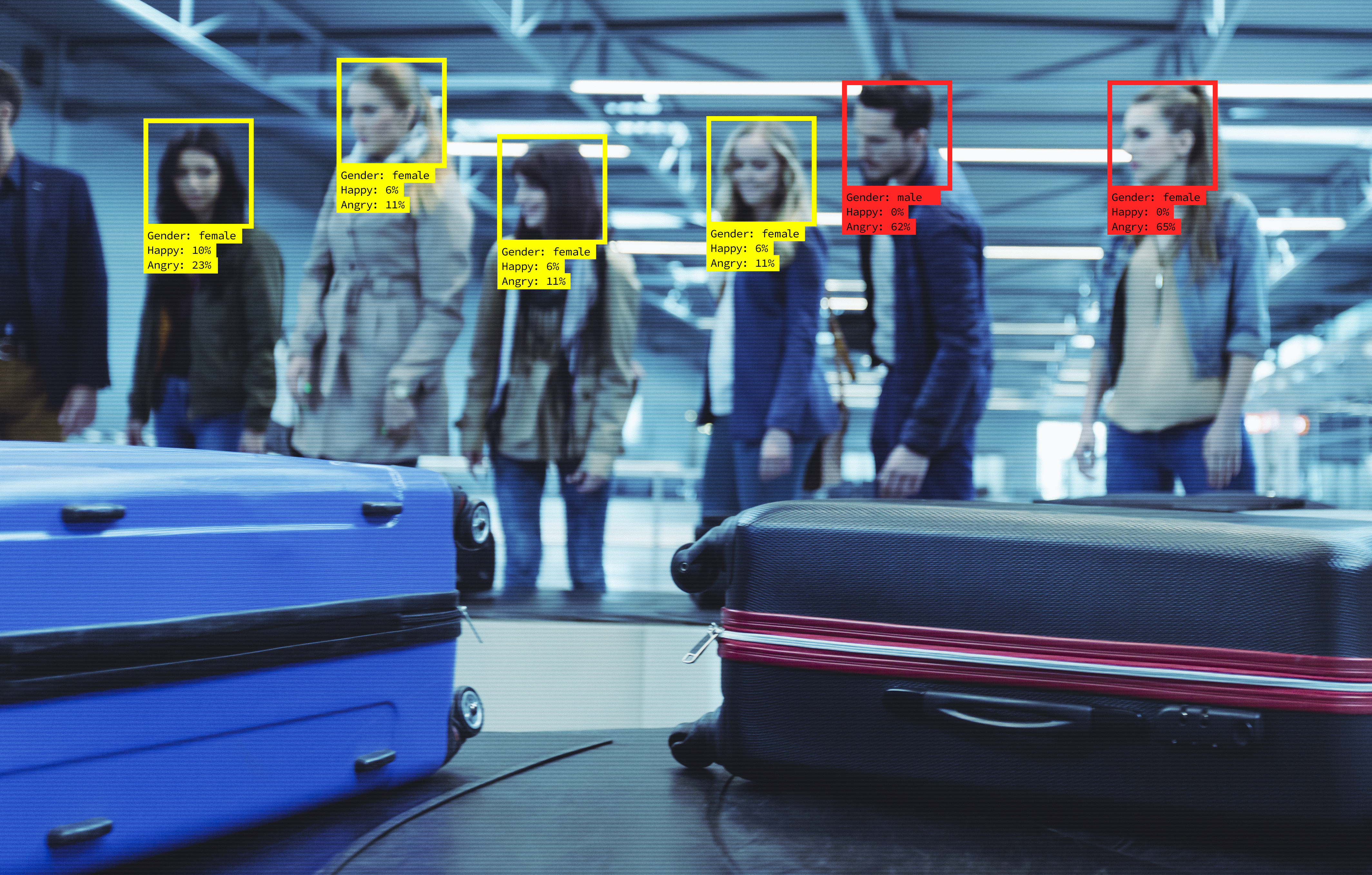A new US bill would ban the police use of facial recognition

The news: US Democratic lawmakers have introduced a bill that would ban the use of facial recognition technology by federal law enforcement agencies. Specifically, it would make it illegal for any federal agency or official to “acquire, possess, access, or use” biometric surveillance technology in the US. It would also require state and local law enforcement to bring in similar bans in order to receive federal funding. The Facial Recognition and Biometric Technology Moratorium Act was introduced by Senators Ed Markey of Massachusetts and Jeff Merkley of Oregon and Representatives Pramila Jayapal of Washington and Ayanna Pressley of Massachusetts.
Seize the moment: The proposed law has arrived at a point when the police use of facial recognition technology is coming under increased scrutiny amid protests after the killing of George Floyd in late May. Studies have repeatedly shown that the technology is less accurate for Black people, and earlier this week the New York Times reported that an innocent Black man in Michigan was arrested after being misidentified by facial recognition software. “Facial recognition technology doesn’t just pose a grave threat to our privacy; it physically endangers Black Americans and other minority populations in our country,” Markey said in a statement.
Activism works: The move to restrict the use of facial recognition technology is partly thanks to pressure from technology companies themselves, admittedly after being lobbied by activists for years. Two weeks ago, Amazon announced it would place a one-year moratorium on police use of its facial recognition system, Rekognition, after IBM decided to discontinue its general-purpose face recognition system. The next day, Microsoft announced that it would stop selling its system to police departments until federal law regulates the technology. Now it’s over to the legislators, if they can muster enough support to pass it.
Deep Dive
Artificial intelligence
Large language models can do jaw-dropping things. But nobody knows exactly why.
And that's a problem. Figuring it out is one of the biggest scientific puzzles of our time and a crucial step towards controlling more powerful future models.
Google DeepMind’s new generative model makes Super Mario–like games from scratch
Genie learns how to control games by watching hours and hours of video. It could help train next-gen robots too.
What’s next for generative video
OpenAI's Sora has raised the bar for AI moviemaking. Here are four things to bear in mind as we wrap our heads around what's coming.
Stay connected
Get the latest updates from
MIT Technology Review
Discover special offers, top stories, upcoming events, and more.